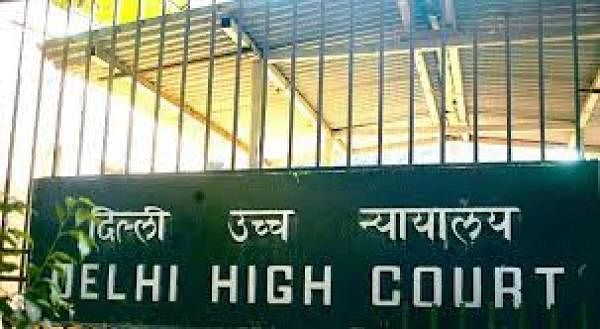
The Delhi High Court on Monday sought a response from the Arvind Kejriwal government on a plea by a 77-year-old woman to quash a June 2 order that excluded asymptomatic people from undergoing COVID-19 tests.
A bench of Chief Justice D N Patel and Justice Prateek Jalan sought a response from the Delhi government on June 22 on the petition filed by Renu Goswami.
Also read — Coronavirus: 77-year-old moves Delhi High Court against order restricting COVID-19 tests
The petitioner, represented by senior advocate Sidharth Luthra, advocate Ketaki Goswami and Shubhangni Jain, claimed that the order was against ICMR guidelines of May 18 and may lead to a further spike in cases, besides resulting into other dire consequences.
The matter was taken up by the court on a day when Delhi Chief Minister Arvind Kejriwal himself has gone into self-quarantine after developing fever and sore throat.
In her plea, the petitioner contended that a positive, yet asymptomatic primary contacts of COVID-19 patients, if left untested, would unknowingly end up infecting senior citizens, and those with comorbidities, termed as the high-risk cases, and others. The order is likely to affect pregnant woman too.
"It is alarming that at a time when the state of NCT of Delhi is seeing a surge in community spread of the infection with nearly 1,000-1,500 reported daily cases and 10-15 deaths per day, the Delhi government is making COVID-19 testing more restrictive," the petition filed by advocate Shubhangni Jain said.
Further, the revised Delhi testing strategy leaves private laboratories in a Catch-22 situation as to whether to comply with ICMR directions or go with Delhi government's guidelines, it added.
"The rationale behind disallowing testing of asymptomatic cases was that it will increase hospital admission is counter-productive as non-testing will only increase the burden. Moreover, banning testing is not a solution to decrease admission of asymptomatic cases in the hospital," she said.
The actions restricting testing to symptomatic and high-risk cases and reducing the testing capacity of the state are in violation of the Article 21 of the Constitution in as much as denying the right of a citizen to get tested for an infection. It is a gross violation of Right to Life and the attendant right to health guaranteed under Article 21 of the Constitution, her plea said.
